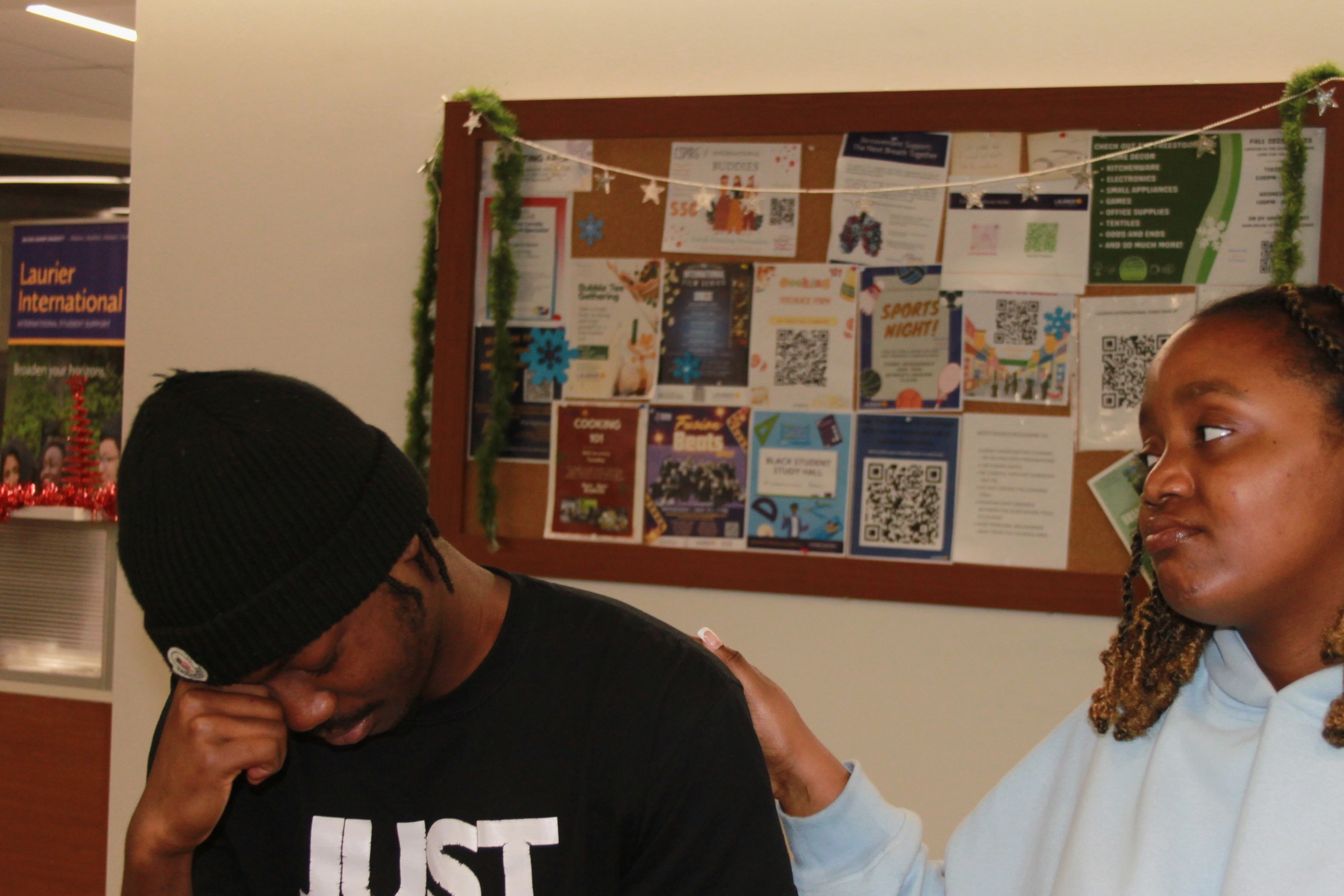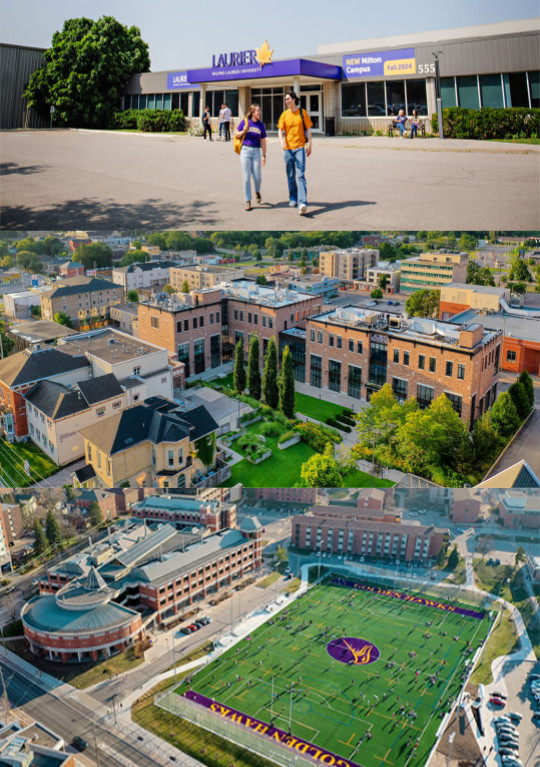PHOTO CONTRIBUTED BY JEREMY VYN / SPUTNIK PHOTOGRAPHY
This article was updated on March 7th to correct a spelling error.
On Feb. 16, Professor Maya Goldenberg will host a public lecture with the Laurier Study Centre of Canada called “Is There A War On Science?”.
The lecture will take place as a Zoom Webinar at 7 p.m. EST. Registration for the event is open to everyone and 275 people have already signed up.
Goldenberg, the associate professor of Philosophy in the Department of Philosophy at the University of Guelph, will run a lecture for an hour before a thirty-minute question and answer period managed by Eric Story, the outreach manager and Copp Scholars Program coordinator at the Laurier Centre for the Study of Canada.
“Why on earth would people be arguing against the strong scientific consensus on vaccines? Well, there must be a ‘war on science’,” said Goldenberg. “The ‘war on science’ assumes that it’s science illiteracy that is driving members of the public to go against scientific claims.”
However, Goldenberg said there are a lot of highly educated people that are against vaccines. She suggests that it is not a person’s poor understanding of science that makes them vaccine-hesitant, but a lack of trust in scientific institutions.
“Instead of laying blame at the feet of people who are vaccine-hesitant, it gets us back to structural issues and institutional changes that need to happen,” said Story.
Story said that pushing for change on an institutional level is a more effective way of encouraging people to have trust in scientists rather than demonizing those who are anti-vaccine.
“They do parrot some of the misinformation that’s out there, but that isn’t driving it,” said Goldenberg. “They have trusting relationships just like I do. Something about their situation makes them mistrusting of the conventional experts.”
Story said that oftentimes, people with knowledge are vilified and do not come off as sources of trust for people. If students attend this lecture and pass the information on to family and friends, they can be the trusted sources instead.
“I actually think a lot of vaccine-refusers do more research than vaccine-accepters,” said Goldenberg. “It’s got more to do with who you trust and what social circles you move in because our trust and our social situation are actually very closely tied.”
“We need to change minds at the individual level. Sometimes a close friend or a close family member is the best person to be able to talk to,” said Story.
Goldenberg argues against the conventional view of science where scientists are skeptical of new knowledge claims. She said a lot of what we know is based on our trusting relations with other people.
“You trust your colleagues, you build on published work without testing the ideas for yourself or recreating experiments because there’s just too much to know,” said Goldenberg. “We wouldn’t know very much if we tested every idea for ourselves.”
Story said that further exploring the reasons why people are not vaccinated yet is a step toward figuring out solutions to this problem. He encourages students to have one-on-one conversations with friends and family members to reassure them of the vaccine’s safety.
“I know I was one who got vaccinated quickly,” said Story. “Even though I was confident in the science, there was still something in me that was fearful and worried. I think that’s a very universal feeling.”
Goldenberg emphasizes that vaccine hesitancy and public resistance to science is an issue highly relevant to our lives that will influence them well-beyond the COVID-19 pandemic.
“This isn’t a talk about COVID. It’s a talk about the political situation that we’re in,” said Goldenburg. “This was research that started before COVID and this will continue after COVID too.”
Register for the event with the link below!
https://us02web.zoom.us/webinar/register/2216435992702/WN_Y70tActgT7qmCsegRRTOUw





Leave a Reply